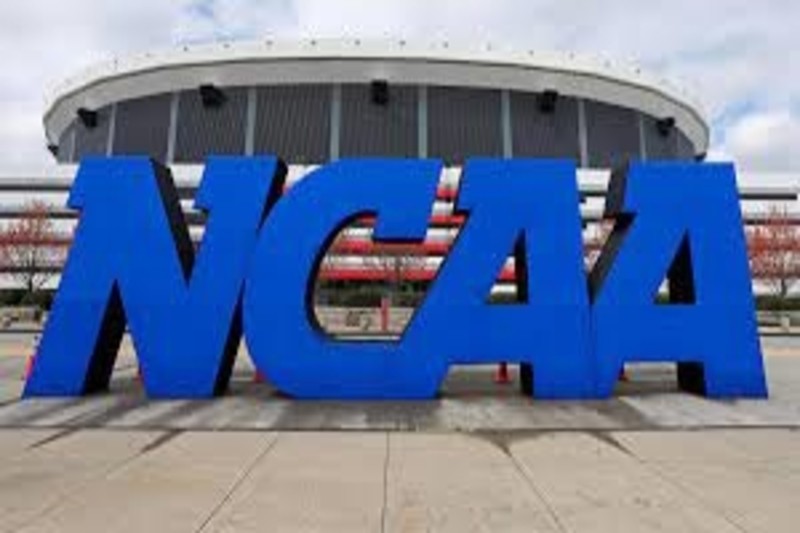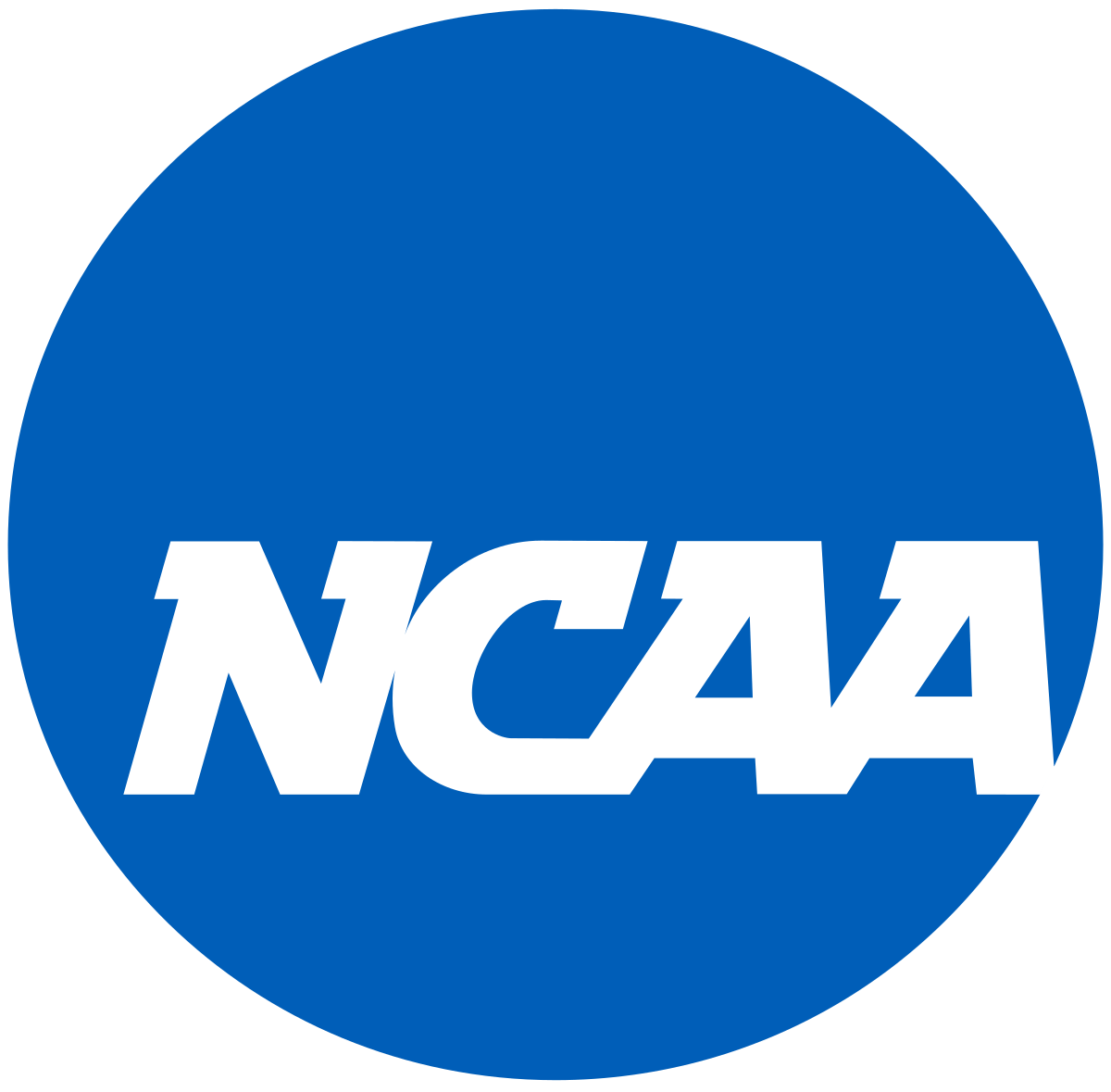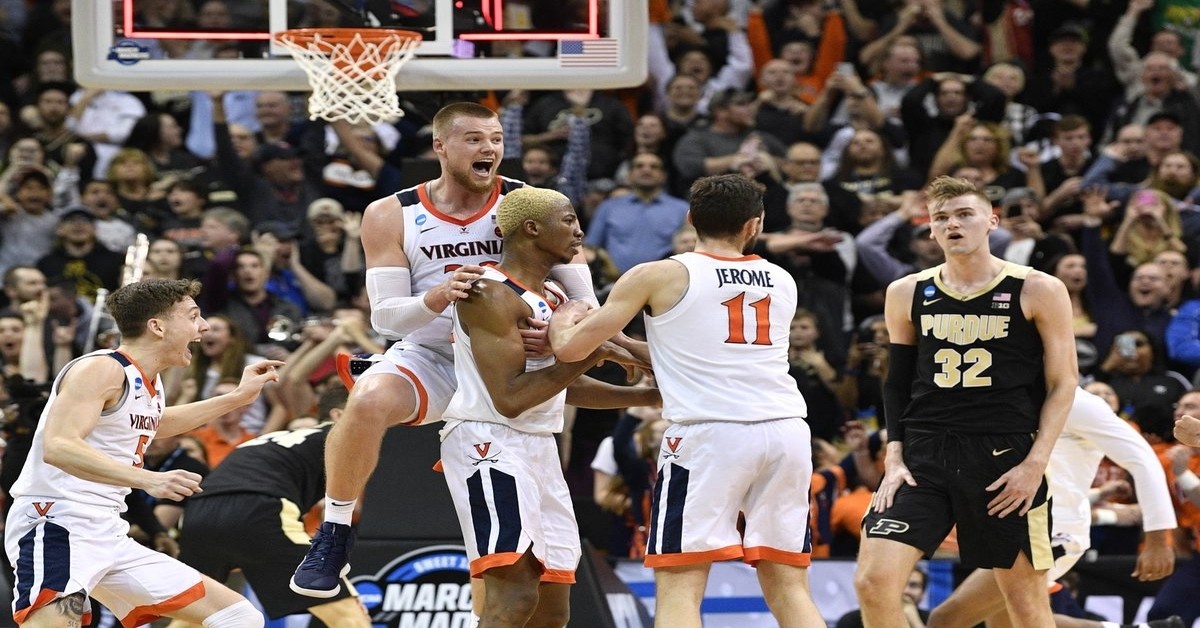The 4th of July is approaching, but the real Independence Day for college student-athletes is coming sooner than they expected.
On Wednesday morning, the NCAA board of directors decided to suspend their rules on prohibiting athletes from selling the rights to their names, images and likenesses.
“This is an important day for college athletes since they all are now able to take advantage of name, image and likeness opportunities,” NCAA president Mark Emmert said in a statement. “With the variety of state laws adopted across the country, we will continue to work with Congress to develop a solution that will provide clarity on a national level. The current environment — both legal and legislative — prevents us from providing a more permanent solution and the level of detail student-athletes deserve.”
The board’s decision came a day before laws will go into effect in more than a dozen states that will prohibit schools from following the long-standing NCAA rule that kept athletes from making money (July 1). The rule regarding players getting paid directly still stands, however, as the board directed schools to make sure that payments to athletes are not expressly for their athletic achievements and to ensure that no payments are used as recruiting inducements.
With the new rules in place, athletes will be allowed to profit by monetizing social media accounts, signing autographs, teaching camps or lessons, starting their own businesses, and participating in advertising campaigns, among many other potential ventures. They will be allowed to sign with agents or other representatives to help them acquire endorsement deals.
There are some opportunities that will be restricted based on state laws and policies enacted by individual schools, such as endorsing alcohol, tobacco and gambling products, using school logos, etc.
Last week’s Supreme Court opinion on the matter essentially tied the NCAA’s hands as far as how specific the rules could be. The board of directors said Wednesday that its rule changes are intended to be temporary to make sure all athletes have some opportunity to profit from NIL as state laws start to go into effect. The board is hoping that Congress will help create a uniform national law that allows for clearer regulations for future college athlete NIL deals.
Senate GOP leader Mitch McConnell brought up a similar idea of a federal standard on Tuesday as he shared some concerns about what it might to do smaller schools and women’s athletics in particular.
“I don’t want to see us at the end of the day with fewer women able to participate in sports because universities have to drop teams, and fewer men who are in non-revenue sporting activities no longer have an opportunity for a scholarship and a chance to participate,” he said.




